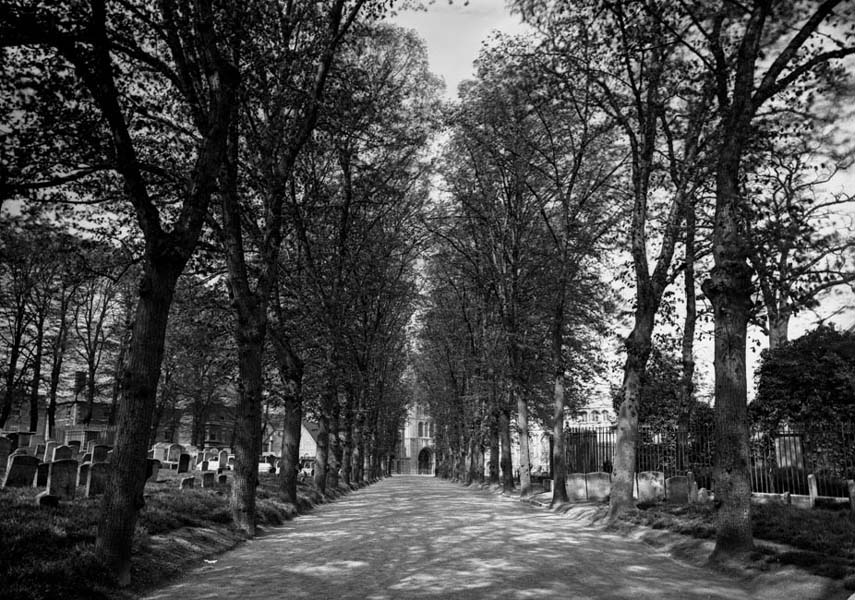
Study the poem for one week.
Over the week:
Poems often adhere to specific poetic forms, defined as 'poems following distinct sets of rules.'
The nine poetic forms we'll study include the:
Epitaphs follow the listed rules:
Activity 1: Recite the Poem Title, Poet Name, and Poem
Activity 2: Study the Poem Picture
Study the poem picture and describe how it relates to the poem.

Activity 3: Narrate the Poem
Activity 4: Map the Poem

Activity 5: Complete Book Activities
